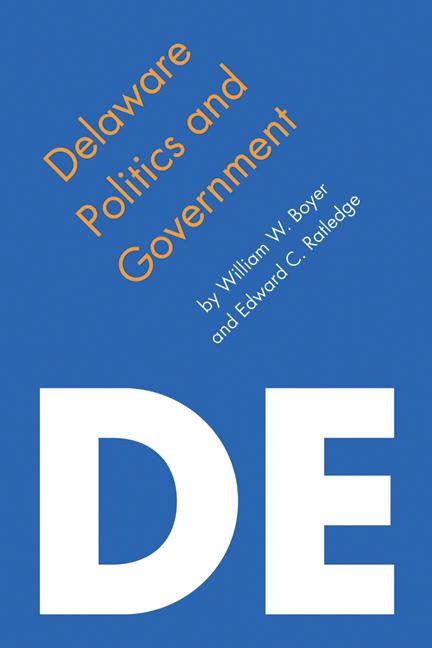
Zustellung: Di, 29.07. - Sa, 02.08.
Versand in 2 Wochen
VersandkostenfreiBestellen & in Filiale abholen:
This volume provides a comprehensive analysis of both the historical and the contemporary dimensions of the politics and government of the "First State." Once a sparsely populated, agrarian, and relatively insignificant polity, Delaware has become a densely and diversely populated financial and legal center often called the "corporation capital of the world." Delaware's prime location has been central to its development and transition from a goods-producing economy to a fast-growing, service-based economy. Despite its diminutive size, Delaware is, in many ways, the nation's preferred corporate home. William W. Boyer and Edward C. Ratledge provide an overview of Delaware's history, structure, and present politics and explain why one of the smallest states in the country is also one of the most powerful. Delaware continually promotes pro-business legislation, business and public objectives are entwined, and privatization is a dominant theme in public affairs. The state has an individualistic political order in which public participation is indirect and citizen activism is limited.
Inhaltsverzeichnis
Map and Figures
Authors' Preface
One: Delaware in Transition
Two: Political Culture of the "First State"
Three: Delaware in the Federal System
Four: The Constitution
Five: Political Parties and Elections
Six: The Governor and Administration
Seven: The General Assembly
Eight: Courts, Judges, and Lawyers
Nine: State-Local Relations
Ten: Public Finance
Eleven: Nongovernmental Influence and Participation
Twelve: Sprawl, Pollution, and Health
Epilogue
Appendix: Suggested Sources and Readings
Notes
Index
Authors' Preface
One: Delaware in Transition
Two: Political Culture of the "First State"
Three: Delaware in the Federal System
Four: The Constitution
Five: Political Parties and Elections
Six: The Governor and Administration
Seven: The General Assembly
Eight: Courts, Judges, and Lawyers
Nine: State-Local Relations
Ten: Public Finance
Eleven: Nongovernmental Influence and Participation
Twelve: Sprawl, Pollution, and Health
Epilogue
Appendix: Suggested Sources and Readings
Notes
Index
Produktdetails
Erscheinungsdatum
01. April 2009
Sprache
englisch
Seitenanzahl
234
Autor/Autorin
William W Boyer, Edward C Ratledge
Verlag/Hersteller
Produktart
kartoniert
Gewicht
340 g
Größe (L/B/H)
226/152/15 mm
ISBN
9780803262201
Bewertungen
0 Bewertungen
Es wurden noch keine Bewertungen abgegeben. Schreiben Sie die erste Bewertung zu "Delaware Politics and Government" und helfen Sie damit anderen bei der Kaufentscheidung.









